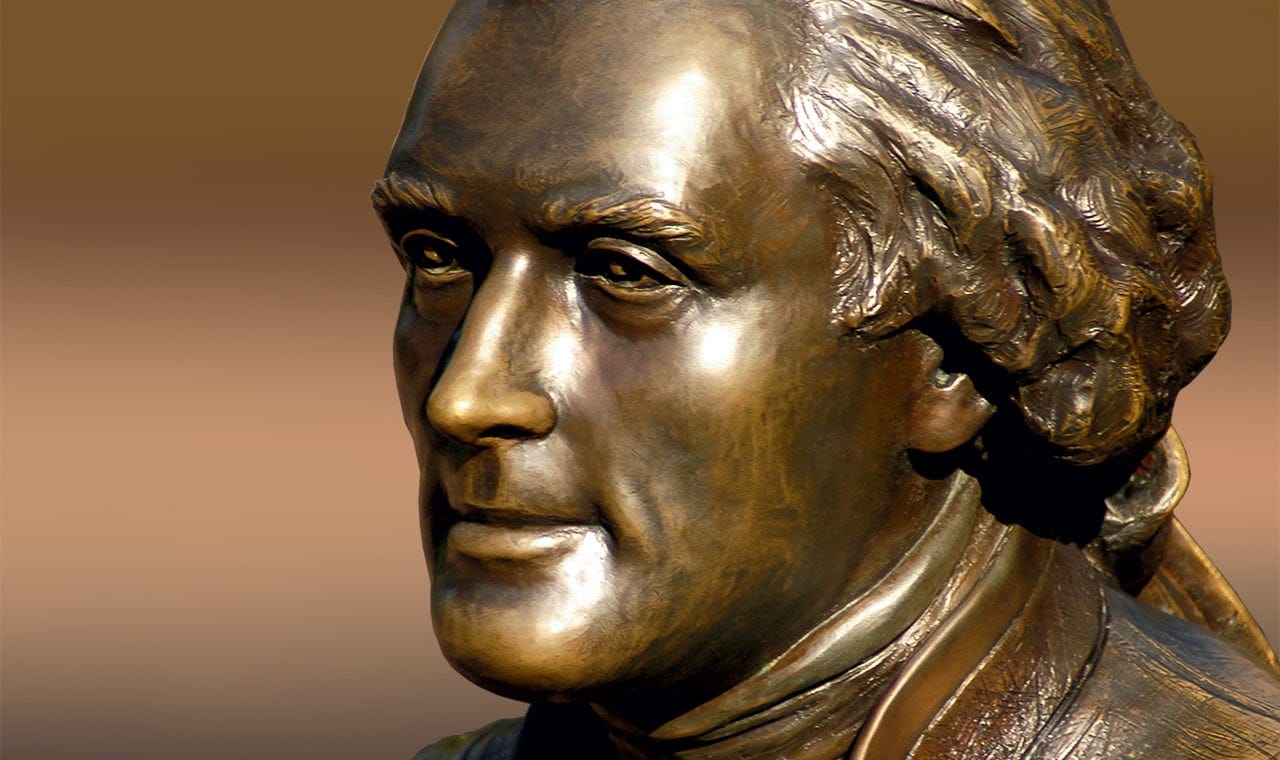On July 9, 1776, as the “largest, most powerful force ever sent forth from Britain or any nation,” was gathering in New York waters, General George Washington ordered his soldiers to march onto the commons.1 At 6 p.m., a declaration approved by the Continental Congress five days earlier was read aloud. It began:
When in the Course of human events, it beco…
Keep reading with a 7-day free trial
Subscribe to The Objective Standard to keep reading this post and get 7 days of free access to the full post archives.


